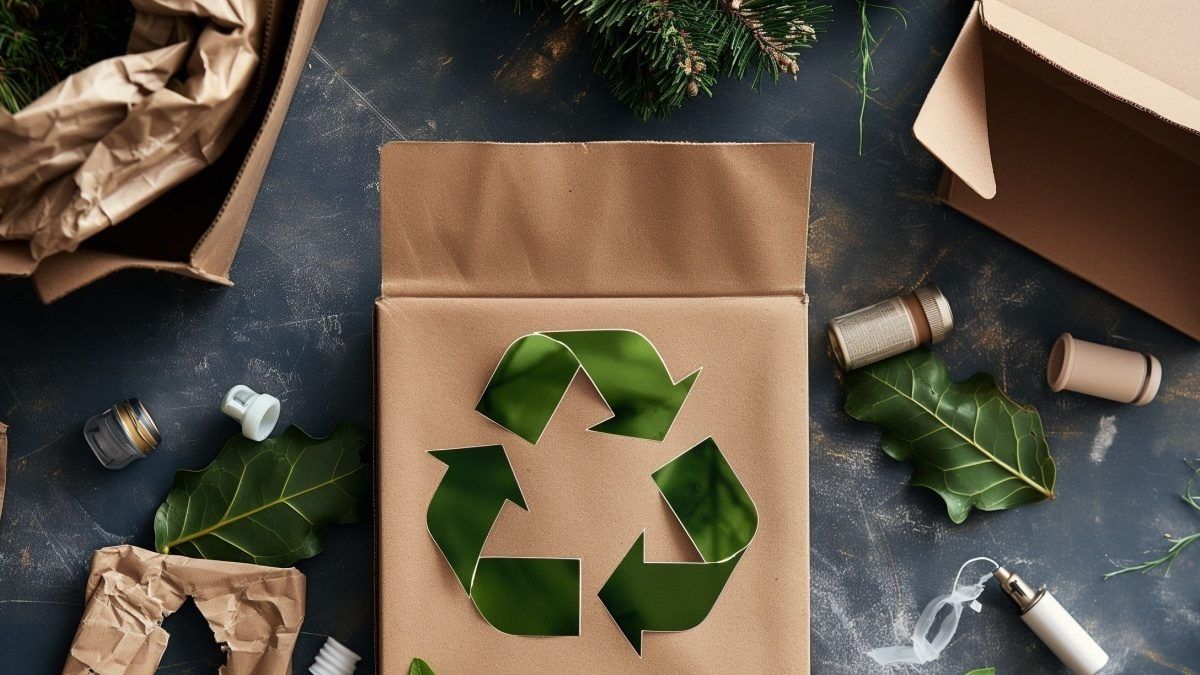The drive toward sustainability is changing industry standards and consumer expectations.
By integrating green practices and responding to the growing demand for sustainable solutions, companies not only align with consumer values but also contribute to a more sustainable future.
In today's marketplace, the emphasis on sustainability is increasingly driven by consumer values, pushing industries toward green practices.
Harmeet Singh, Brand Director, The Body Shop India, highlights this shift as a defining moment for brands committed to sustainability. “At The Body Shop India, we are responding to this shift by stepping up our eco-conscious mission,” says Singh. “Currently, half of our plastic packaging is made from pre-existing plastic waste, thanks in part to our partnership with Plastics for Change. This effort not only reduces our environmental footprint, but also supports our Community Fair Trade (CFT) partnerships and helps marginalized recyclers.”
This commitment to sustainability is reflected in The Body Shop’s Activist Workshop stores, which have been opening in several cities since 2022. These spaces are designed to empower customers to participate in the Recycling Programme, which began in 2019, and which allows them to recycle the packaging of their favourite products. Singh explains: “This initiative encourages a more sustainable approach and reinforces our dedication to environmental stewardship.”
The brand’s commitment to sustainability extends beyond product packaging to store design. “Every detail is carefully considered,” Singh adds. “From fixtures made from reclaimed wood and recycled plastics to an aluminium façade – an energy-efficient and endlessly recyclable material – sustainability is at the core of our brand. Even our countertops are made from 100% recycled materials, reflecting our ongoing efforts to divert waste from landfills and contribute to a circular economy.”
The rise of sustainable packaging is not an isolated trend, but a broader movement influenced by consumer preferences. Jagdeep Hira, Chief Commercial Officer of Pakka Limited in India, underlines this shift with recent data: “Research reveals a significant increase in demand for sustainable packaging among environmentally conscious consumers. For example, 75% of millennials are willing to pay more for sustainable products, according to Nielsen. Furthermore, 80% of consumers consider sustainable packaging when making purchasing decisions (Euromonitor) and 60% of Gen Z consumers prioritise eco-friendly packaging (Pew Research).”
Hira notes that the sustainable packaging market in India is poised for substantial growth, expected to increase from $3.5 billion in 2020 to $11.1 billion by 2025. This rise is driven by increased consumer awareness and demand for eco-friendly products. “As consumers become more conscious of the environmental impact of their purchasing decisions, companies must adapt by adopting sustainable packaging solutions, reducing waste, and promoting recyclable and biodegradable materials,” Hira notes. “Ultimately, consumer influence is a key factor driving the rise of sustainable packaging.”
As both brands demonstrate, the drive towards sustainability is redefining industry standards and consumer expectations. By integrating eco-friendly practices and responding to the growing demand for sustainable solutions, companies are not only aligning with consumer values, but also contributing to a more sustainable future.











